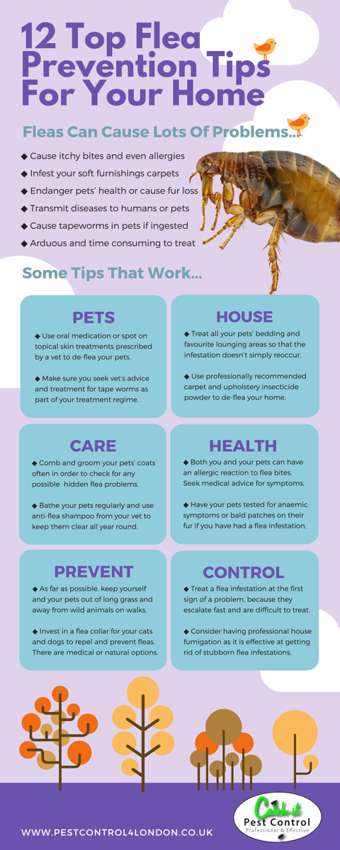Get Ready To Raise Your Garden Into A Place Devoid Of Pests And Bugs With These Cutting-Edge Pointers And Methods
Get Ready To Raise Your Garden Into A Place Devoid Of Pests And Bugs With These Cutting-Edge Pointers And Methods
Blog Article
Content Develop By-Frandsen Trujillo
Picture your garden as a shelter, a location of serenity and elegance. Nevertheless, the presence of exterior parasites can promptly interrupt this idyllic picture. What if there were lawn destroying insects yet effective methods to maintain these unwanted visitors away and shield your yard oasis? By adhering to a few functional tips and applying natural methods, you can produce an unified exterior space where your plants can grow undisturbed.
Natural Pest Deterrents
To keep parasites far from your yard naturally, plant fragrant herbs like mint and lavender. These great smelling plants not just include appeal to your garden however also act as reliable parasite deterrents. Pests like insects, flies, and also some garden-damaging insects are driven away by the strong scents given off by these herbs. Just positioning them strategically around your yard can help create a natural barrier against undesirable parasites.
Along with mint and lavender, take into consideration growing various other natural herbs like rosemary, basil, and lemongrass to better boost your garden's pest-proofing capacities. These natural herbs not only serve as natural repellents but likewise have the included advantage of serving in food preparation or crafting homemade remedies.
Strategic Plant Positioning
Think about the layout of your garden and the types of plants you need to tactically position them for optimum pest-proofing efficiency.
Beginning by organizing plants with comparable resistance to parasites with each other. By doing this, you can create a natural obstacle that hinders insects from spreading out throughout your garden.
Furthermore, putting pest-repelling plants like marigolds, lavender, or mint near even more at risk plants can help shield them. Tall plants, such as sunflowers or corn, can work as a shield for shorter plants against bugs like bunnies or ground-dwelling bugs.
Remember to leave adequate space in between plants to enhance air flow and reduce the danger of diseases that pests might lug.
Moreover, think about planting strong-smelling herbs like rosemary or basil near prone plants to confuse parasites' senses and make it harder for them to locate their targets.
Effective Bug Control Techniques
For combating yard pests efficiently, carrying out a multi-faceted insect control approach is crucial. Beginning by encouraging all-natural predators like birds, ladybugs, and praying mantises to aid maintain pest populaces in check. Presenting plants that draw in these advantageous insects can help in bug control. In addition, exercising excellent garden health by getting rid of debris and weeds where pests could hide can make your yard less welcoming to unwanted visitors.
Consider using physical obstacles such as row cover textiles or netting to shield prone plants from bugs like caterpillars and birds. Applying natural chemicals like neem oil or insecticidal soap can also work versus certain insects while being less damaging to beneficial insects and the atmosphere. It's crucial to revolve your crops each season to avoid the buildup of bug populations that target particular plants.
Frequently inspect your plants for indications of insect damage so you can take action immediately. By integrating termite contract cost and staying vigilant, you can efficiently manage garden bugs and delight in a thriving, pest-free garden.
Final thought
So, there you have it - with the right approaches, you can keep pesky outdoor parasites away from your yard and help your plants flourish.
Did you understand that growing mint has been shown to drive away insects and various other insects, minimizing the need for hazardous pesticides by up to 60%?
By incorporating all-natural deterrents and smart growing strategies, you can create a gorgeous and pest-resistant garden sanctuary for you to appreciate.
